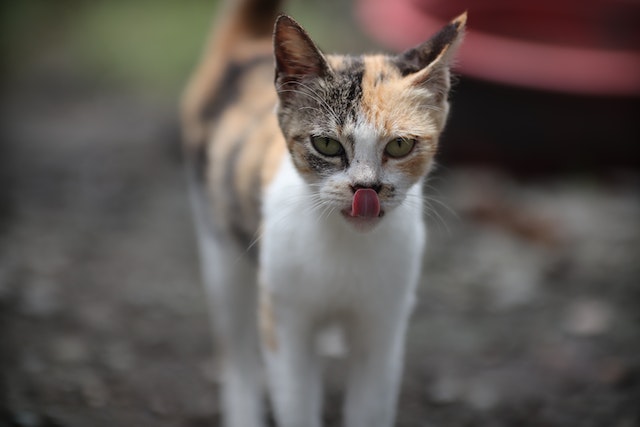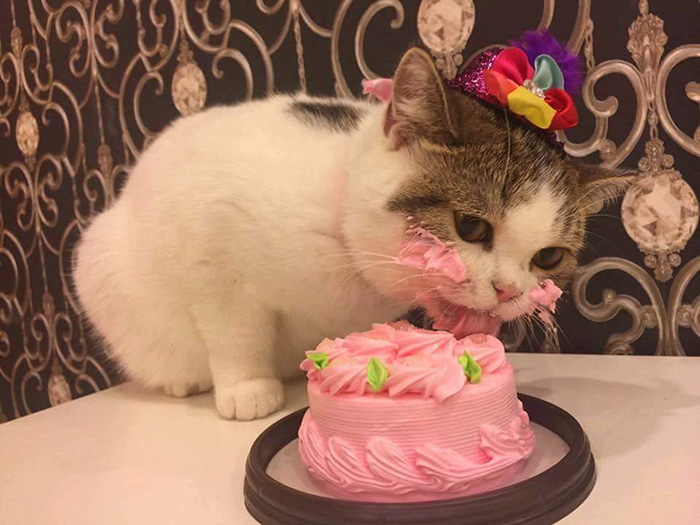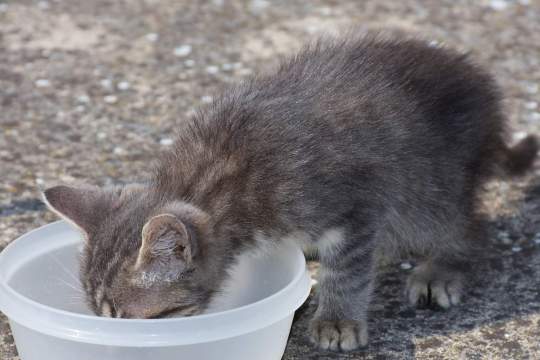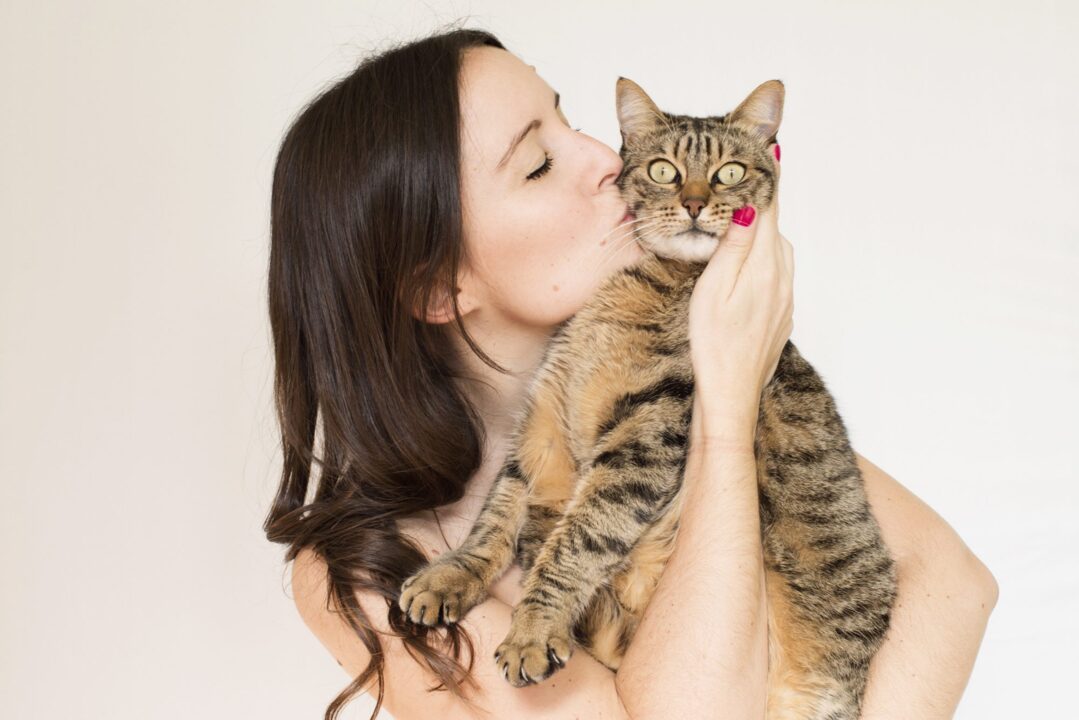Pet ownership is an exceedingly common thing, and cats are one of the more popular pets to choose from. In the US alone, around 25 percent of homes have at least one cat. Of course, pet owners vary in their decisions about whether their cats will live inside full time or spend some of their time outdoors. Each option offers some pros and cons. If you’re deciding whether your cat should be an indoor cat or an outdoor cat, keep reading for a breakdown of the advantages and disadvantages.
Pros of Indoor Cats
While many cats live indoors out of necessity, there are a number of upsides to that situation. Right at the top of the list is that indoor cats typically enjoy a longer life than outdoor cats. You’re more likely to notice a change in how your cat acts and take them to a vet if your cat is always around.
Your cat also enjoys a higher level of safety. It will encounter fewer dangers that are common in the outdoors, such as parasites, cars, and aggressive animals. Keeping your cat indoors also prevents your cat from becoming a problem for the local wildlife, such as birds and squirrels. Plus, you also enjoy the benefit of spending more time with your animal companion.
Cons of Indoor Cats
While there are many advantages to keeping your cat indoors, it’s not a perfect option. Unless you make it a point to play with them daily, most indoor cats get less exercise than is ideal for them. That can lead to feline obesity, which often creates medical issues for your cat down the road.
Indoor cats can also become a challenge in terms of scratching or clawing at your home’s furniture. While things like toys and scratching posts can help, there’s no guarantee that your cat won’t claw your belongings if it comes under stress. You must also maintain your cat’s litter box, which many owners don’t enjoy, although a modern litter box can make it less of a hassle.
Pros of Outdoor Cats
One of the biggest benefits of letting your cat go outdoors is that they routinely get more exercise. They simply have more room to move around and natural curiosity will encourage at least some roaming. That additional exercise helps to keep your cat at a healthier weight than a similar indoor cat might maintain.
Outdoor cats also avoid the problem of boredom. The outside world provides a constant stream of new sights and sounds for your cat to explore. Indoor cats often lack sufficient stimulation to keep them engaged. Bored cats are more prone to acting out.
Cons of Outdoor Cats
While spending time outdoors does provide some benefits to cats, it also comes with a fairly extensive set of pitfalls. One of the key problems is that outdoor cats are much more likely to run into dangerous situations. For example, startled cats may run out into the street because they don’t recognize the dangers of traffic. Outdoor cats may also wind up the victim of stray dogs, coyotes, or other local wildlife.
Outdoor cats face a much greater chance of getting fleas or getting bitten by a tick. These kinds of encounters can expose them to basic health problems or transmit diseases or intestinal parasites. They may also run into other cats that could potentially transmit diseases to your cats through casual contact or through a violent encounter.
The outside world is dangerous for cats in other ways as well. Your cat may get exposed to any number of toxic substances or chemicals. For example, they might find themselves exposed to pesticides that neighbors put out on their lawns to control pests. Cats lack any natural instinct to avoid these kinds of chemicals.
Seeing or smelling other outdoor cats can also cause stress for indoor cats. This is particularly problematic if another cat marks territory near your home. Outdoor cats can mark their territory which should help keep their stress levels down.
Choosing An Indoor Or Outdoor Cat
Choosing between an indoor or outdoor cat is often out of your hands. If you live in an urban area or an apartment, keeping an indoor cat is often your best and only option. If you live in a more suburban or rural area, an outdoor cat is more feasible. However, based on the pros and cons of each mentioned above, an indoor cat is likely a better option for most families.





